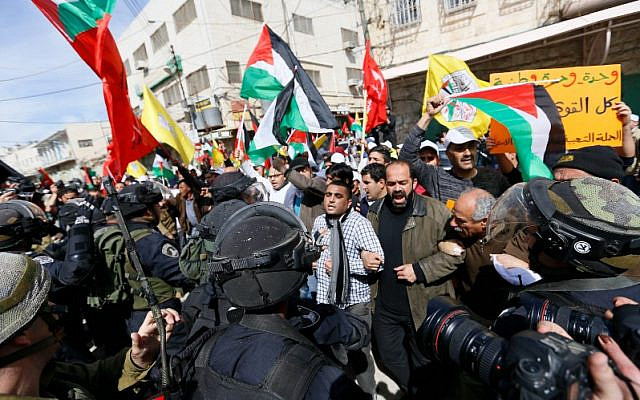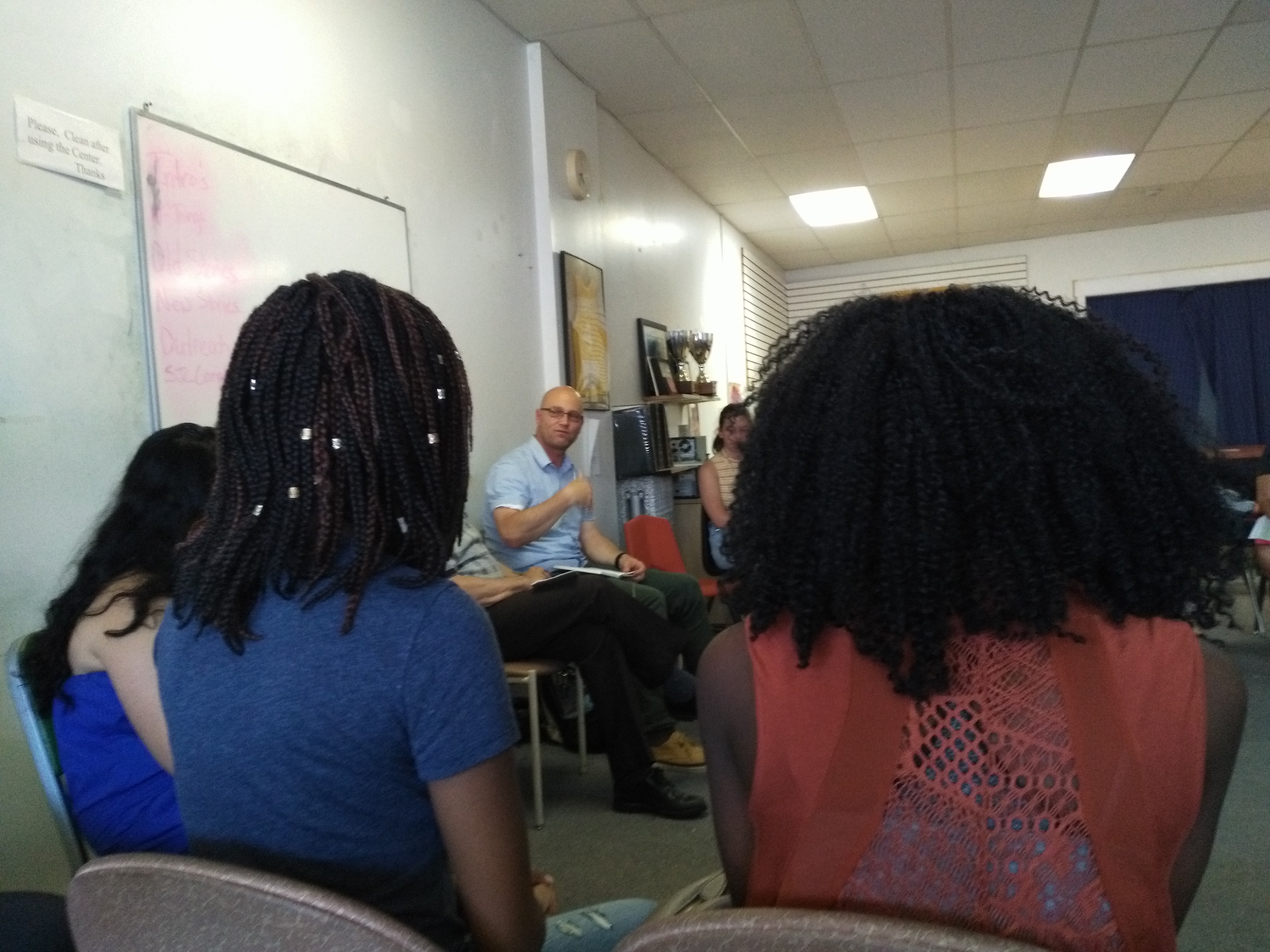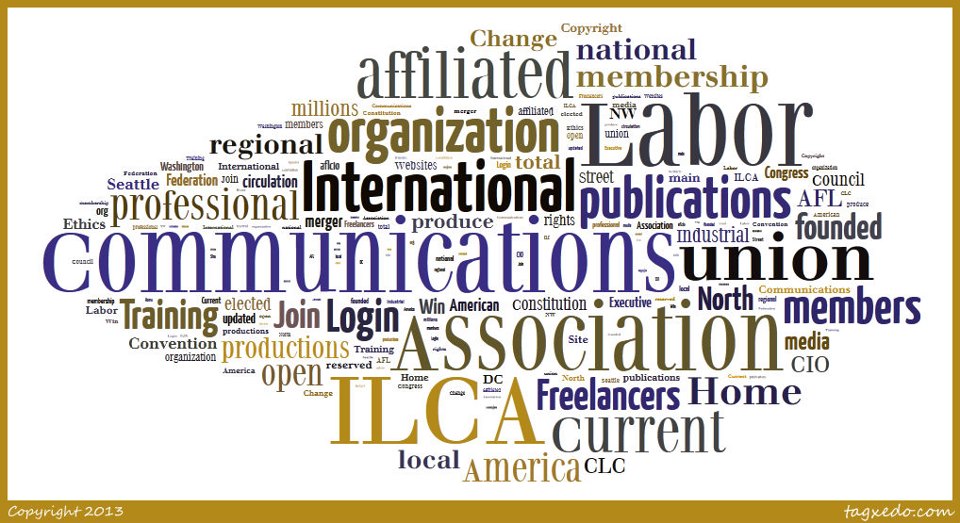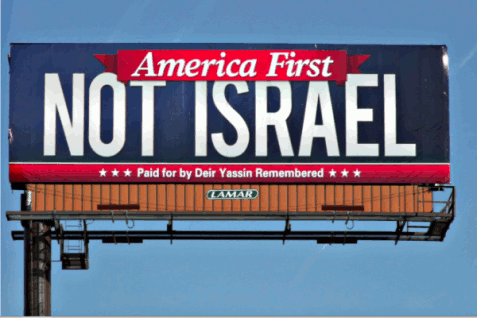On February 25, 1994, Baruch Goldstein, armed and wearing his reserve uniform, walked into Hebron’s Cave of the Patriarchs and found a room in which dozens of Muslims were praying. Provoked by nothing but his own madness, he lifted a Galil rifle and opened fire on the innocents, unloading 111 rounds and killing 29 people.
Israel was stunned.
Israel’s Response to a Jewish Terrorist
“I am shamed over the disgrace imposed upon us by a degenerate murderer,” Prime Minister Yitzhak Rabin told parliament. “You are not part of the community of Israel,” Rabin added, addressing not only Goldstein, who had already been beaten to death by others at the cave, but of anyone who thought like him.
The prime minister emphasized the point, saying that people like Goldstein were “not partners in the Zionist enterprise” and “a foreign implant” and “an errant weed.”
“A single, straight line connects the lunatics and racists of the entire world,” Rabin said, condemning all forms of terror. He added that Goldstein was no better than a terrorist who kills Jews, saying, “A single line of blood and terrorism runs from the Islamic Holy War member who shot Jewish worshipers who stood in prayer in the synagogues of Istanbul, Paris, Amsterdam and Rome, to the Jewish Hamas member who shot Ramadan worshipers.”
The condemnation crossed partisan lines. Benjamin Netanyahu, then leader of the opposition, deplored the violence as a “despicable crime” and expressed his “unequivocal condemnation.”
Rabbis in Israel, including the Chief Rabbis, and around the world, including the Rabbi Lord Jonathan Sacks, then Britain’s chief rabbi, condemned Goldstein. Rabbi Sacks said that “Such an act is an obscenity and a travesty of Jewish values. That it should have been perpetrated against worshippers in a house of prayer at a holy time makes it a blasphemy as well.”
The state took action. Goldstein had been a member of the Kach movement, founded by Meir Kahane, who was assassinated several years before. Already banned in 1992 from running for elections in the Knesset, the movement was outlawed altogether after Goldstein’s massacre. A special body of inquiry, the Shagmar Comission, was even set up to probe the events.
Aside from a vanishingly small number of people who actually believed that Goldstein had thwarted a terrorist plot – he hadn’t – Israeli society was united in its outrage. Even now, decades later, as Israel has moved further to the right politically, Goldstein is still reviled. There has been a great deal of scandal around Itamar ben Gvir joining Israel’s government, because he was at one time a supporter of Goldstein. But even he, perhaps Israel’s most extreme politician, had to announce that he was no longer a supporter to gain office. He might be honest, an Israeli version of Democratic U.S. Senator Robert Byrd, who went from recruiting friends to the Ku Klux Klan to endorsing Barack Obama for president. Or ben Gvir could be lying; either way, aside from a few political outcasts, Israeli society rejects Goldstein’s legacy and those who support him.
Compare the above to the morally abject displays across a wide swath of Palestinian society this past weekend.
Palestinian society’s response to a terrorist
On Jan. 27, 2023, International Holocaust Remembrance Day, seven Israeli Jews, including a 14-year-old boy, were murdered by a Palestinian gunman in cold blood while leaving their synagogue in a Jerusalem suburb. The next day, another Palestinian terrorist, this one 13 years old, tried to kill a father and son who, luckily, survived.
Palestinian society’s response to the massacre of innocents at their place of worship was dramatically different from Israel’s. Instead of widespread condemnation, streets in the West Bank and Gaza erupted in celebration. Palestinians chanted and cheered, distributed candies, shot their many guns into the air, and even lit fireworks. And this was not the response of a small group of extremists: the streets were literally filled.
Read the rest of this article at the Times of Israel (no paywall).



